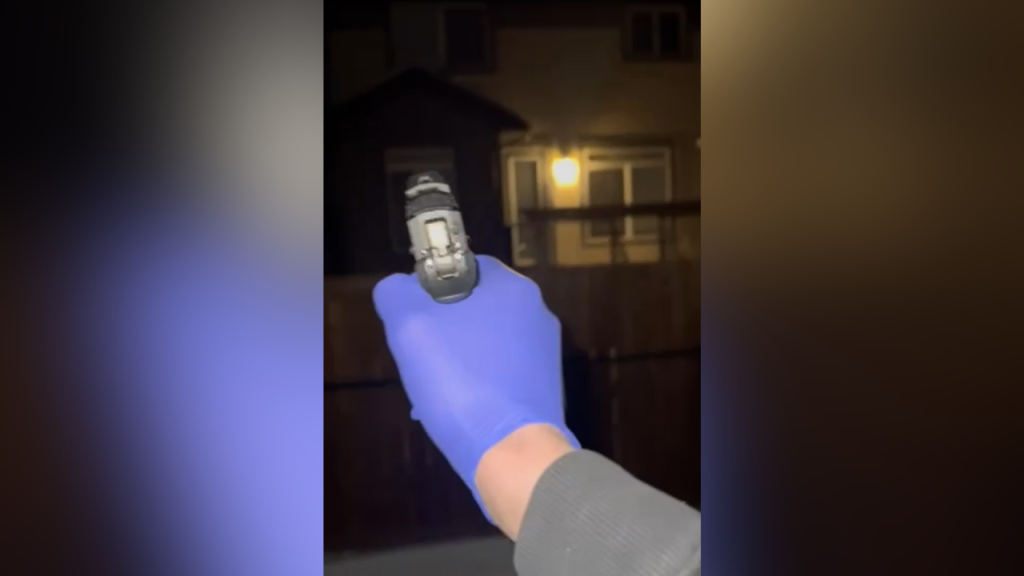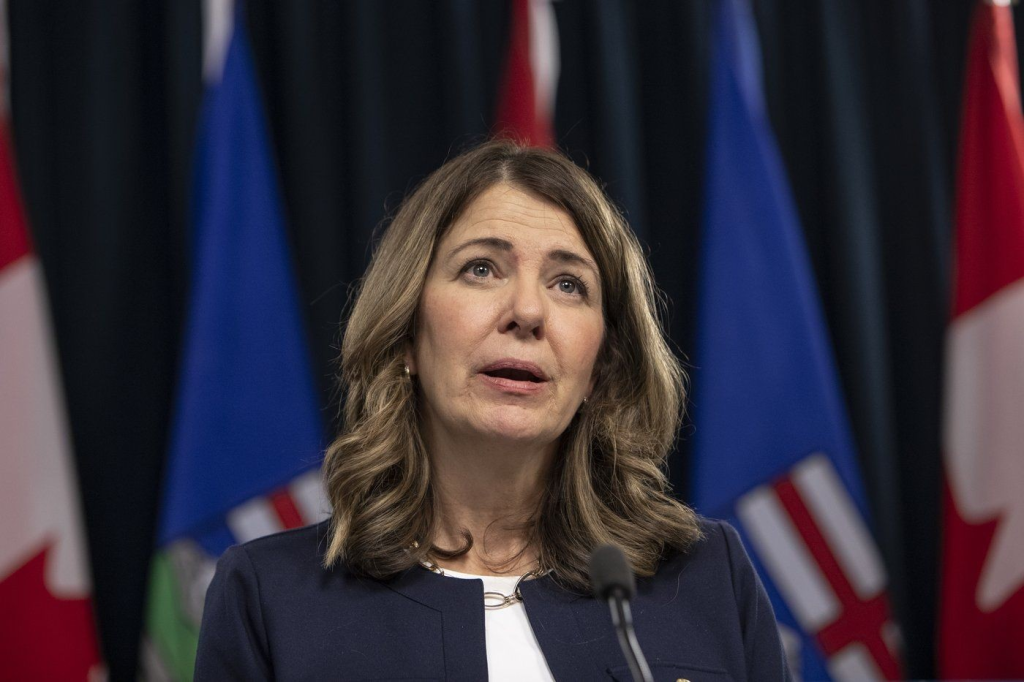Trudeau open to discussing decriminalization of hard drugs
Posted Dec 14, 2021 10:26 am.
Last Updated Dec 14, 2021 8:32 am.
Prime Minister Justin Trudeau says he is looking at the issue of decriminalizing hard drugs with the provinces and is open to further action, a departure from his previous resistance to the idea.
CityNews, along with our colleagues from Breakfast Television and OMNI News, got the chance to sit down with Prime Minister Justin Trudeau to look back at some of the biggest stories from 2021, including the government’s approach to decriminalization.
Canada continues to struggle with the opioid crisis and illicit drug use, an issue worsened by the COVID-19 pandemic when access to supports were limited.
Trudeau told CityNews the federal government is looking at “where to do that, if to do that, and how to do that in partnership with the provinces.”
“It’s not going to be the federal government doing something without making sure that there are the supports on the ground in municipalities [and] in the provinces,” explained Trudeau.
British Columbia became the first province to ask for the decriminalization of hard drugs last month. The province saw more than 1,200 people died of illicit drug poisoning between January and July 2021, a 28 per cent jump over the same period in 2020.
They are asking for an exemption to allow for a “cumulative binding threshold quantity at 4.5g with no drug seizures, arrests, or charges for simple possession at or below this amount.” This would apply to opioids (including heroin and fentanyl), powder cocaine, crack cocaine, and methamphetamine.
The city of Toronto’s Board of Health has also asked for a similar exemption.
The decriminalization of hard drugs is also supported by a number of organizations including the Ontario Association of Chiefs of Police, the Canadian Association of Chiefs of Police and the Centre for Addiction and Mental Health.
The cities of Kingston, Montreal and Ottawa have also endorsed decriminalization.
The prime minister said they are currently in talks with B.C. on it’s request. “We are open to taking more steps but the idea that there is one solution that’s going to suddenly fix everything is simply not there. There’s so many things we have to continue to do. And we’re going to do lots of different things on that,” said Trudeau.
Trudeau would not commit to any widespread change in the law but is shifting his message from his previous resistance to the idea of decriminalization.
When Trudeau was asked why he isn’t listening to the experts immediately on this issue, similar to when it came to the COVID-19 pandemic, he replied they have taken other measures to combat the deadly crisis.
“One of the first things they say is restore safe supply, which we’ve done, interdict the flow of drugs into Canada as much as possible, which we’ve taken measures on. Start investing more in frontline workers. Make sure that there’s Naloxone available, work on community organizations and programs.”
But he did acknowledge there are further steps to take, and they are “working with jurisdictions and looking at them.”
“It is all part of a process that we’re part of to try and heal Canadians from that the challenges are facing,” said Trudeau.
To watch the full interview – “A Conversation with the Prime Minister” – tune into CityNews on Wednesday, Dec. 15, at 7 p.m. local time.
With files from Denise Wong








